
Date: 13 November 2024
Don’t miss your chance to share your research findings, innovations, and expertise with a global audience at GPD 2025. Review the conference topics below, find the session that best fits your work, and submit your abstract today. Showcase your contributions and help shape the future of glass!
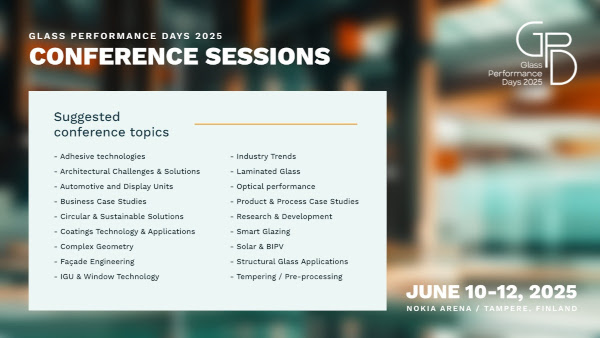
Key dates:
Extended abstract deadline: November 17, 2024
Notification of abstract acceptance: January 15, 2025
Paper deadline: March 15, 2025
Presentation deadline: May 30, 2025
GPD 2025 conference: June 10-12, 2025
![]() Submit your abstract of maximum 300 words from here.
Submit your abstract of maximum 300 words from here.
What makes a good abstract?
Our program committee has shared their insights on crafting the perfect abstract that stands out! A well-written abstract can make all the difference and make a strong impression.
A good abstract is concise, relevant, free of advertisement, and written with clear language including an appropriate title. Learn the key elements from this blog post.
More information about becoming a speaker at GPD 2025.
Keen to extend your topics’ reach of exposure?
Send your application for the GPD 2025 exhibition! Read more here.
 600450
600450

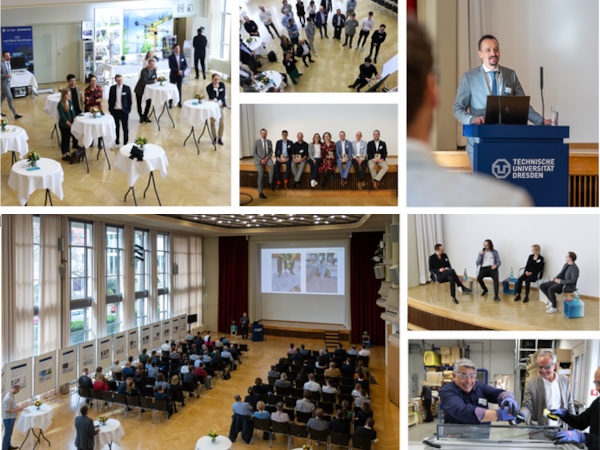
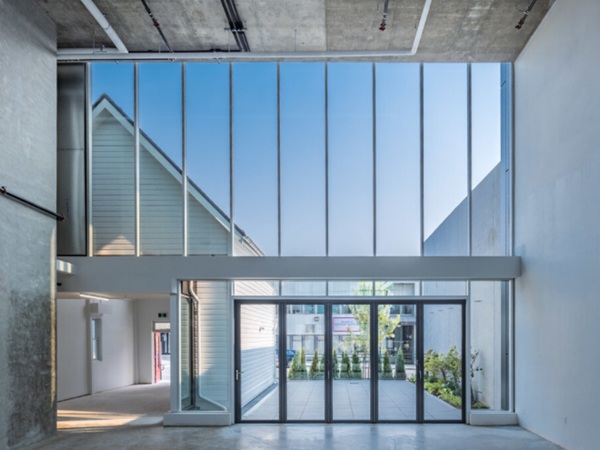
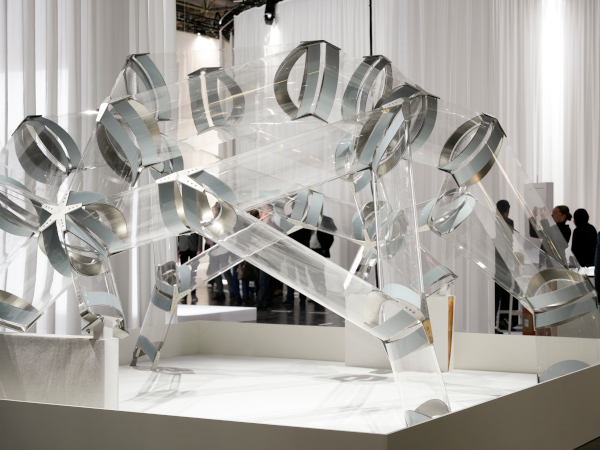
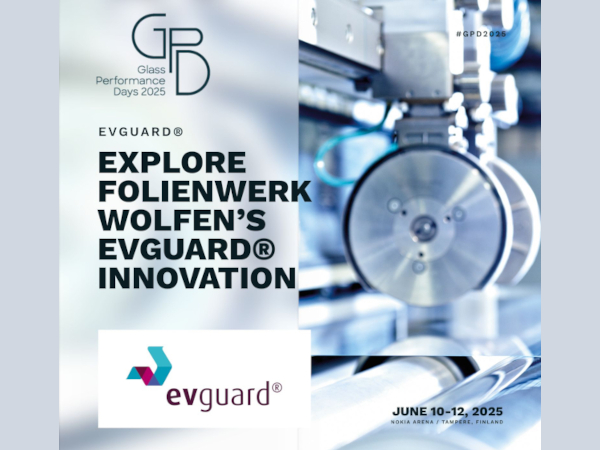
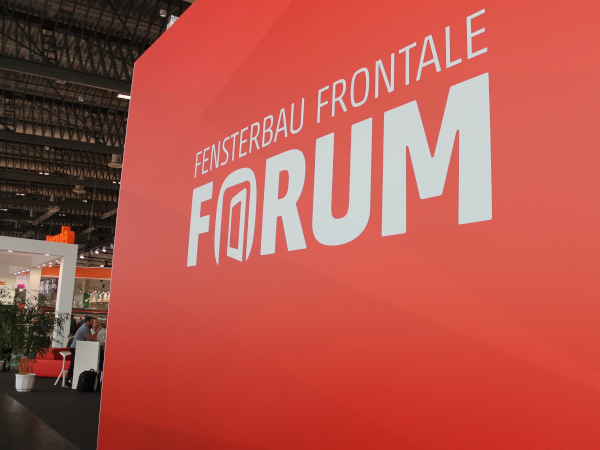
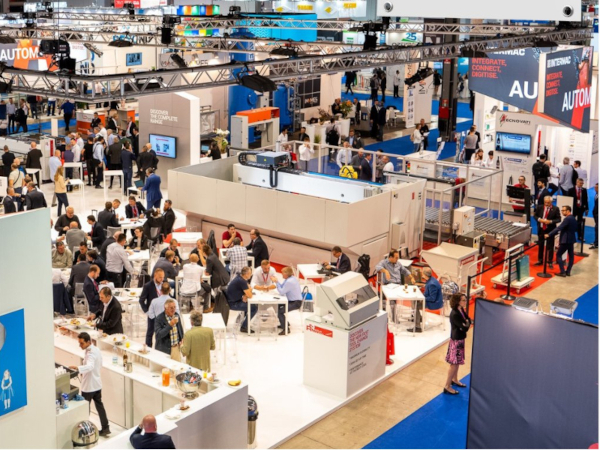
Add new comment